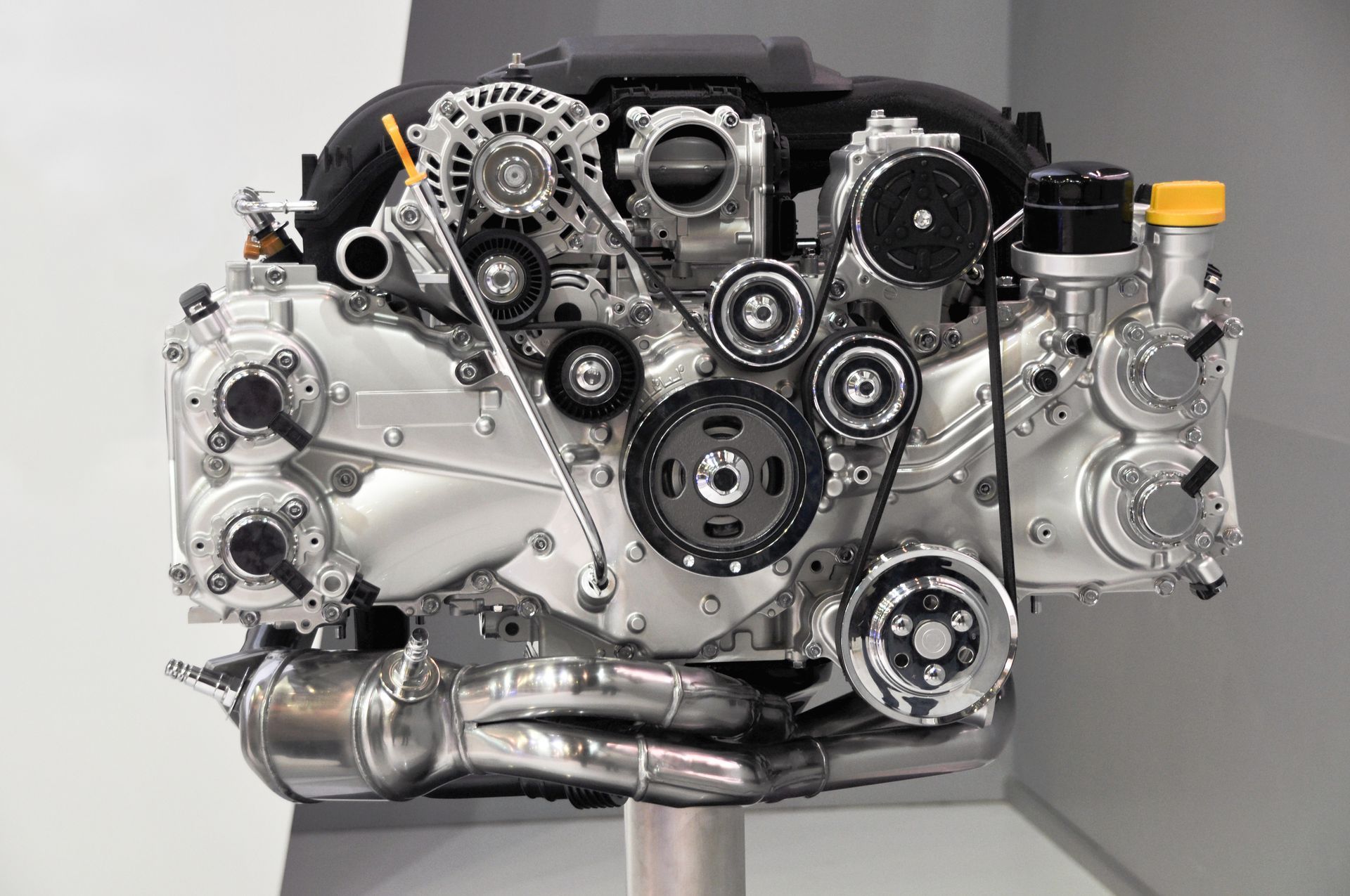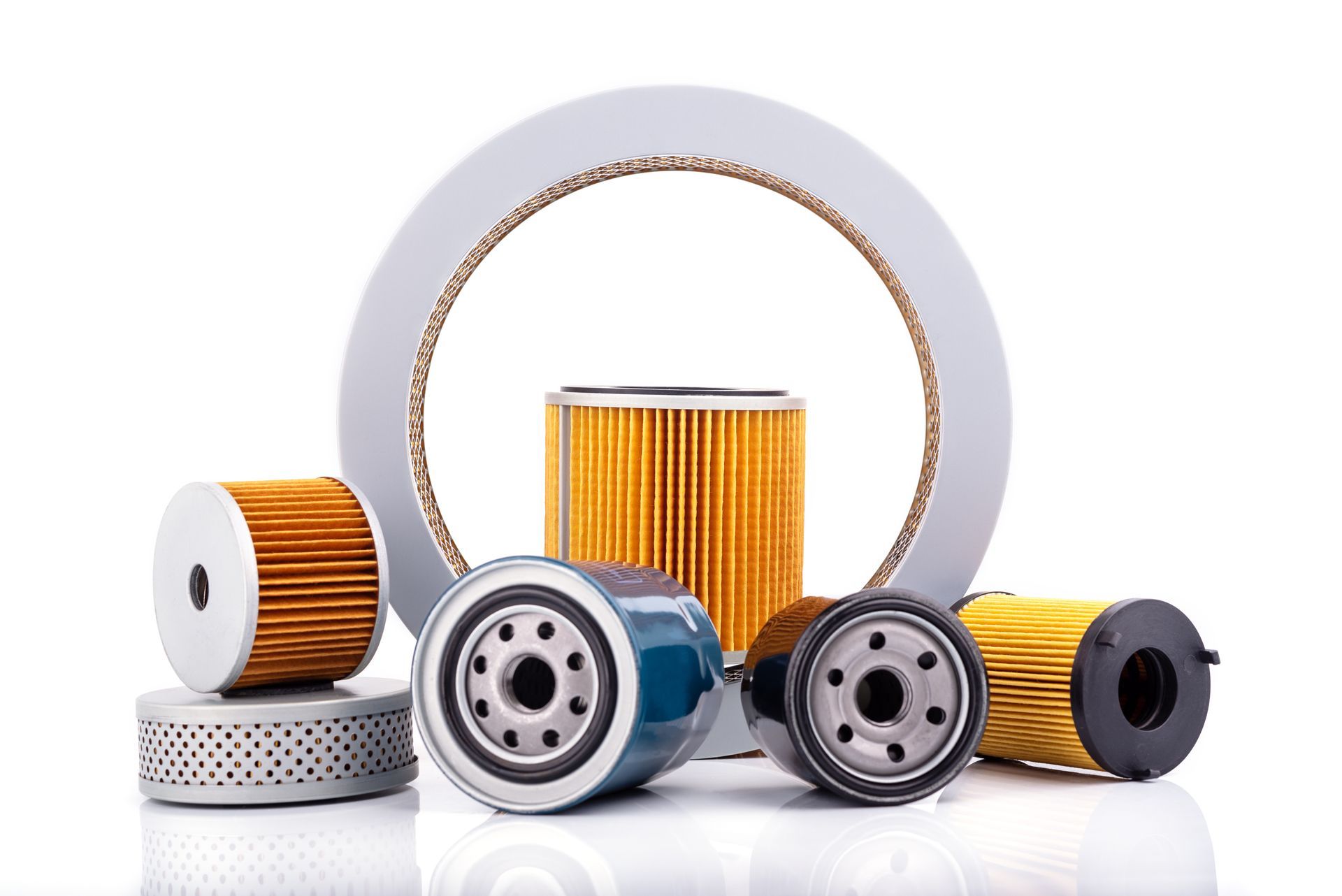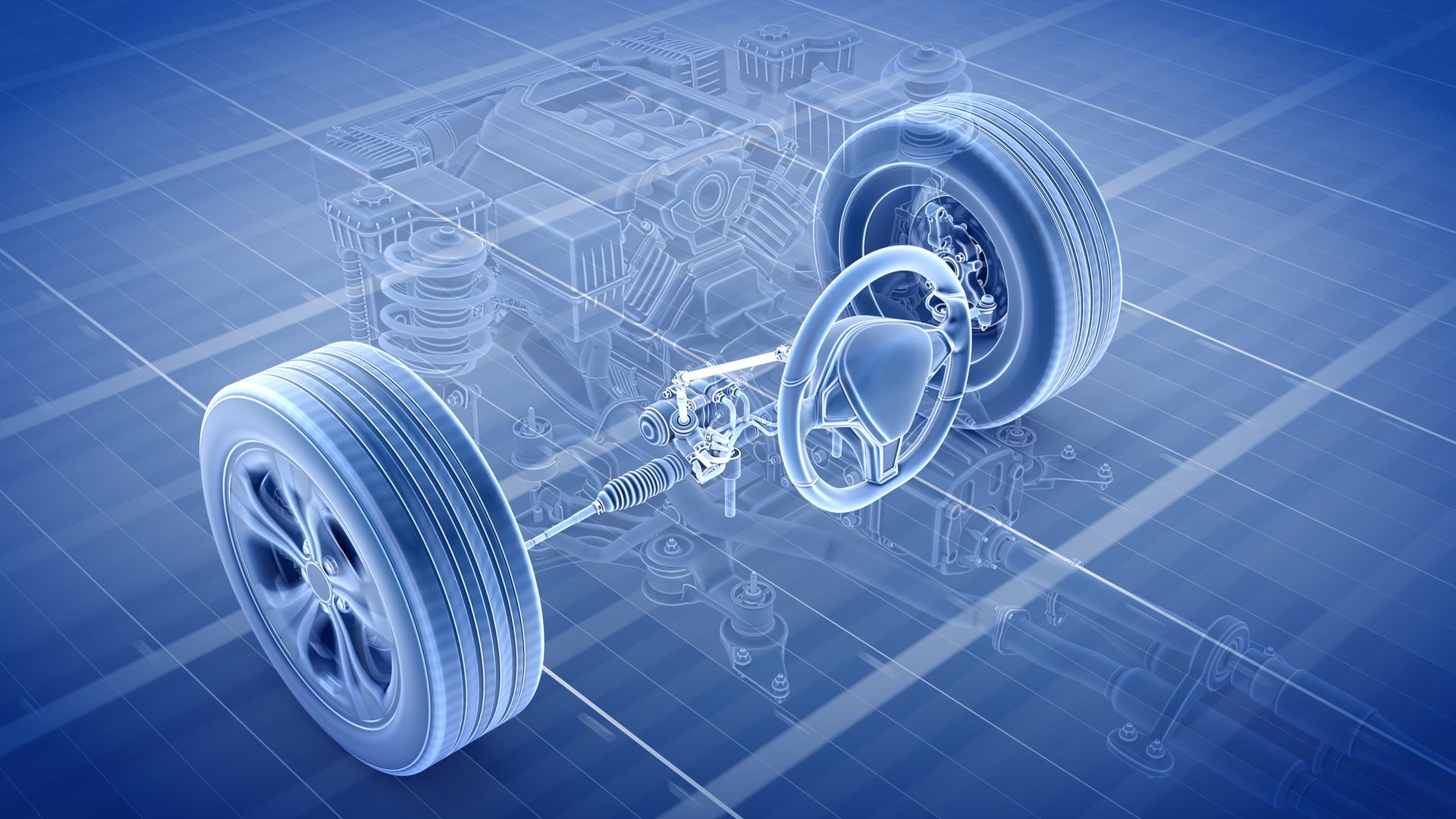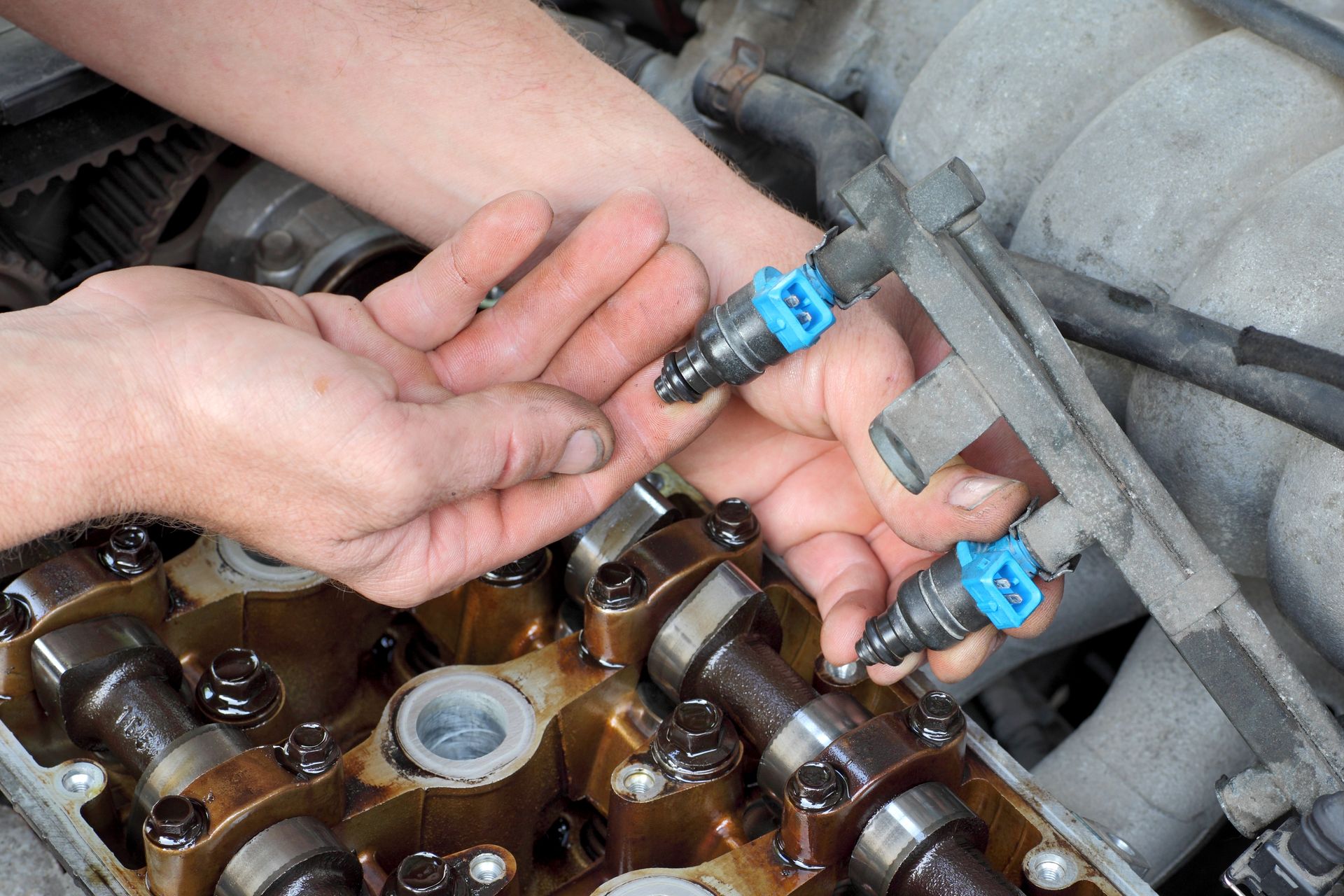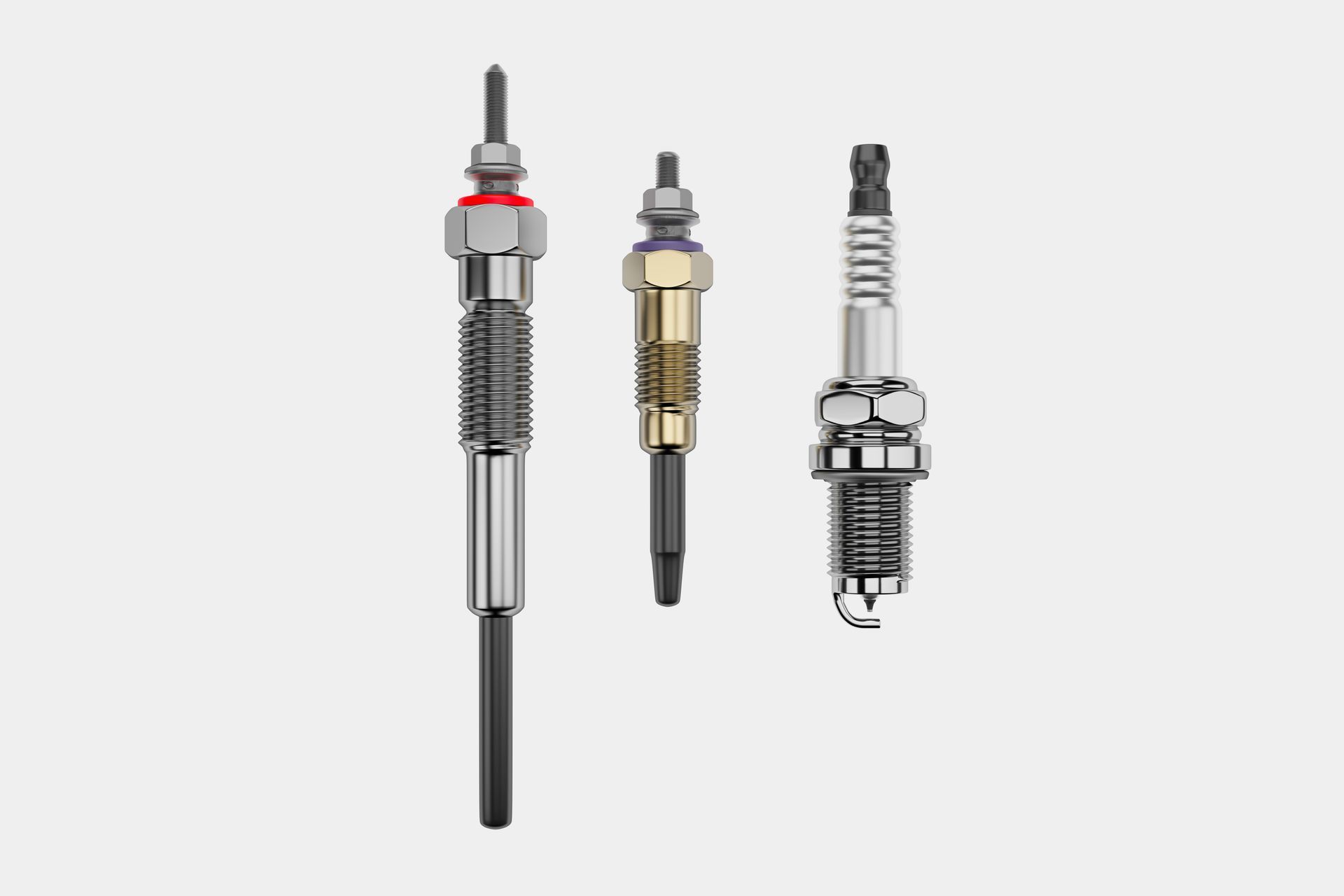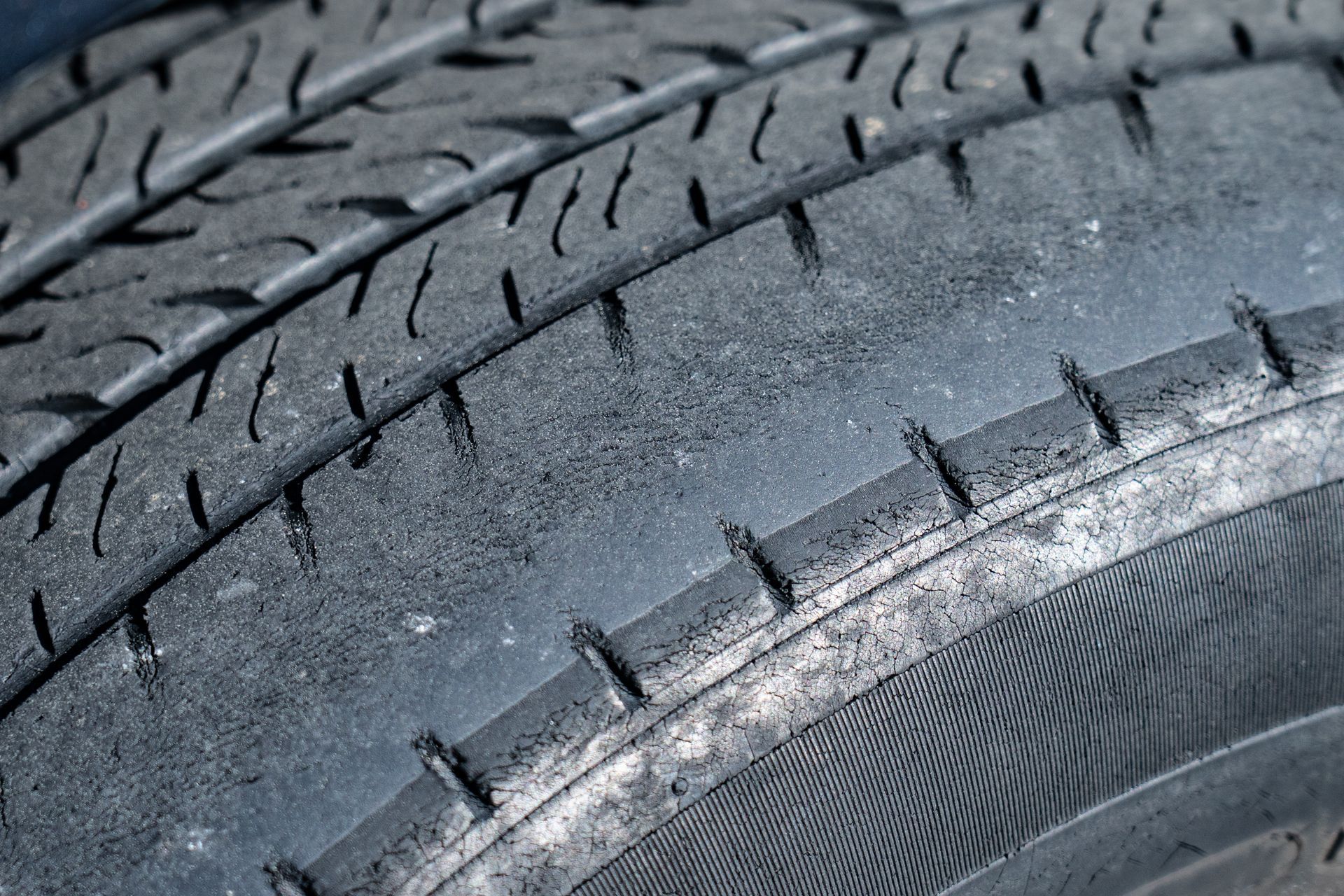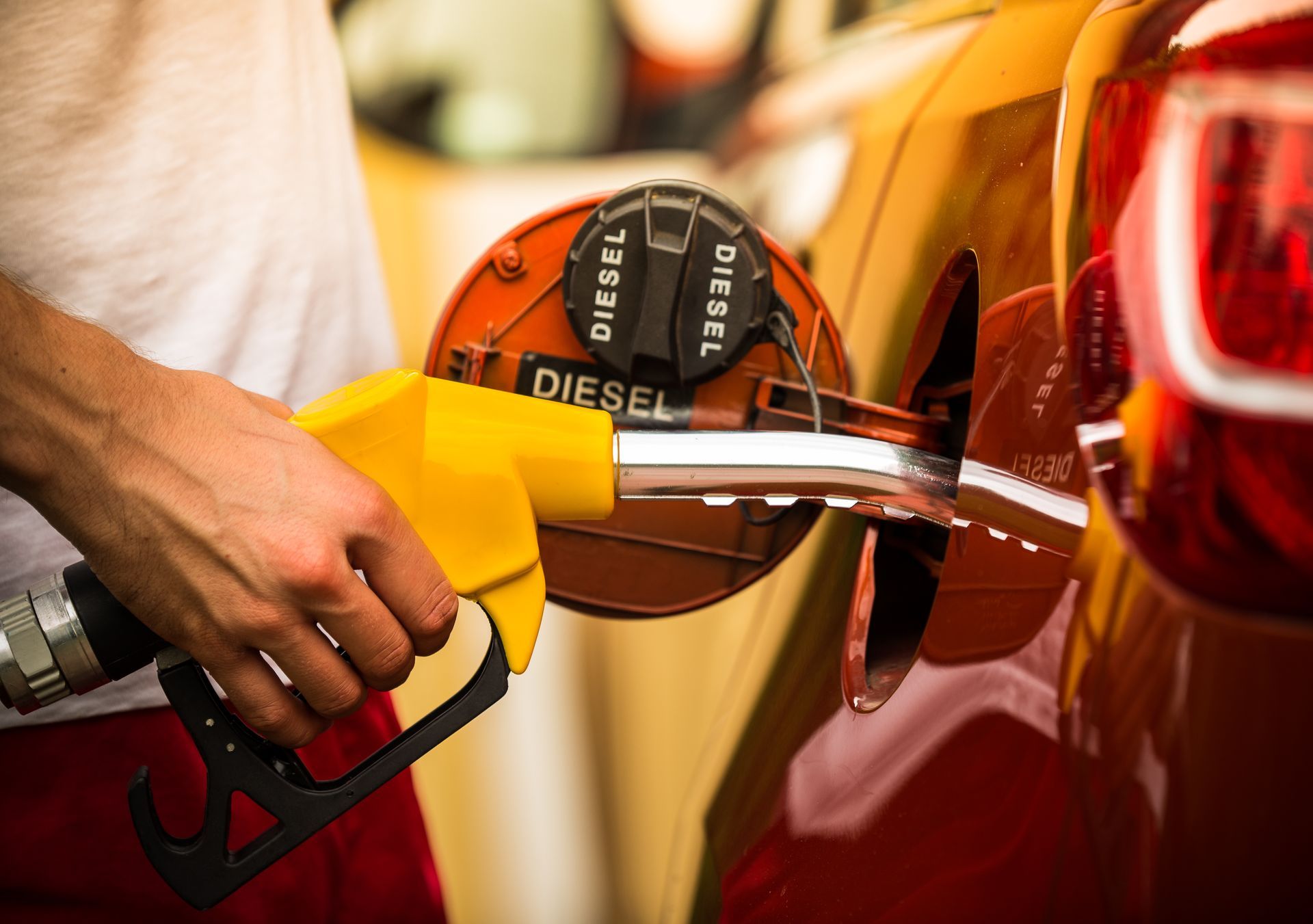Loading ...
Missing business hours data / Error occurred while getting the data.
Loading ...
Missing business hours data / Error occurred while getting the data.
What Is a DPF and How Does It Affect Emissions?
August 30, 2024
When it comes to vehicle emissions, particularly diesel engines, the Diesel Particulate Filter (DPF) plays a critical role. Understanding what a DPF is and how it affects emissions can help you maintain your vehicle more effectively and stay compliant with environmental regulations. Let's dive into the details of the DPF and its impact on your vehicle's emissions.
Understanding the DPF
The DPF is an essential component in modern diesel engines designed to reduce harmful emissions. It captures and stores exhaust soot (particulate matter) to prevent it from being released into the atmosphere. The filter is part of the vehicle's exhaust system and works by trapping the soot in a honeycomb-like structure made from ceramic or metal fibers.
Over time, the soot accumulates in the DPF, and the filter must be cleaned to maintain its efficiency. This cleaning process is known as regeneration, which can be either passive or active. Passive regeneration occurs automatically during normal driving conditions when the exhaust temperature is high enough to burn off the soot. Active regeneration involves the vehicle's engine management system raising the exhaust temperature to clean the filter.
How the DPF Affects Emissions
Diesel engines are known for their efficiency and torque but also for producing higher levels of particulate matter compared to gasoline engines. The DPF's primary function is to reduce the amount of these particulates emitted by diesel engines. By capturing and storing soot, the DPF significantly cuts down the volume of harmful particles released into the air, thus helping to meet stringent environmental standards and improve air quality.
The Importance of Regeneration
For the DPF to function effectively, it must undergo regular regeneration. If the filter becomes clogged with soot and cannot regenerate, it can lead to several issues, including reduced engine performance, increased fuel consumption, and potential engine damage. There are two main types of regeneration:
Passive Regeneration
This occurs automatically when the vehicle is driven at higher speeds, typically on highways, where the exhaust temperature is naturally high enough to burn off the accumulated soot.
Active Regeneration
This is triggered by the vehicle's engine control unit (ECU) when the soot level in the DPF reaches a certain threshold. The ECU adjusts the fuel injection timing to increase the exhaust temperature, initiating the burning off of the soot.
Maintaining Your DPF
Proper maintenance of your DPF is crucial for the longevity and performance of your diesel engine. Here are some tips to keep your DPF in top condition:
Regular Highway Driving
Frequent short trips at low speeds can prevent the DPF from reaching the necessary temperature for passive regeneration. Regularly driving on highways allows the DPF to regenerate naturally.
Use the Right Oil
Ensure you use low-ash engine oil specifically designed for vehicles with DPFs. High-ash oil can contribute to soot buildup and clog the filter.
Monitor Warning Lights
Pay attention to your dashboard warning lights. If the DPF warning light comes on, it indicates that the filter is becoming clogged and requires regeneration. Ignoring this warning can lead to more severe issues.
Potential Problems and Solutions
Despite its benefits, the DPF can present some challenges. One common problem is the filter becoming clogged if the vehicle isn't driven in conditions that allow for proper regeneration. In such cases, you might need to take your vehicle for a forced regeneration service at a repair shop.
Using the wrong type of fuel or engine oil can lead to increased soot production and faster clogging of the DPF. Always ensure you're using the appropriate products recommended by your vehicle manufacturer.
Environmental and Legal Implications
The implementation of DPFs has been driven by stricter environmental regulations aimed at reducing air pollution. Vehicles equipped with DPFs must comply with these regulations to be legally roadworthy. Non-compliance can result in fines and penalties, as well as contribute to environmental harm.
Maintaining a functioning DPF not only ensures you meet legal requirements but also supports global efforts to reduce pollution and combat climate change. Cleaner emissions mean better air quality, which benefits everyone.
Stay compliant and eco-friendly. Trust
ICDI Diesel Repair for all your DPF maintenance and repair needs. We're here to help you drive clean and drive smart.
Reach Us:
Loading ...
Missing business hours data / Error occurred while getting the data.
Quick Links:
Loading ...
Missing nap lines data / Error occured while getting the data.

